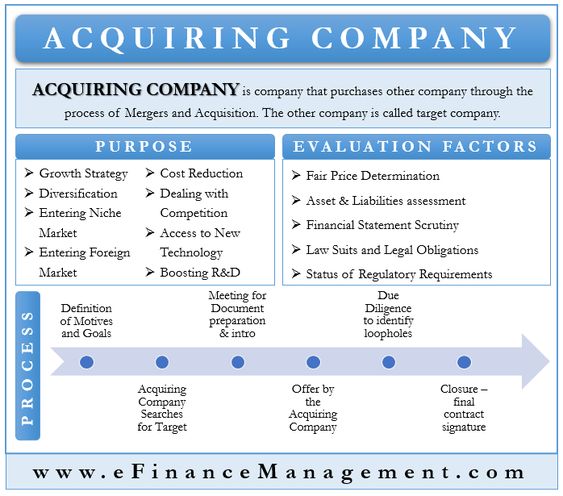Acquisition and contract management refer to the processes associated with procuring goods and services from external sources. These processes can be complex and require a deep understanding of procurement regulations, contract law, and vendor management. In this article, we will provide a thorough overview of acquisition and contract management, including its importance, key elements, and best practices.
What is Acquisition and Contract Management?
Acquisition and contract management encompasses the entire procurement life cycle, from identifying the need for a product or service to managing the vendor relationship after the contract is awarded. This process includes identifying requirements, conducting market research, soliciting proposals, evaluating bids, awarding contracts, monitoring performance, and closing out contracts.
Why is Acquisition and Contract Management Important?
Effective acquisition and contract management are critical to ensuring that organizations obtain the goods and services they need to operate efficiently and effectively. Proper management of contracts helps organizations achieve their goals by ensuring that suppliers provide high-quality products and services at competitive prices. Effective contract management also helps organizations reduce the risk of legal disputes, financial losses, and reputational damage.
Elements of Acquisition and Contract Management
Acquisition and contract management consists of several key elements, including:
1. Planning and Strategy: Identifying the requirements of the project and developing a plan to meet those requirements.
2. Solicitation and Source Selection: Soliciting proposals from potential vendors and selecting the best option.
3. Contract Formation: Creating and finalizing the contract between the buyer and the seller.
4. Contract Administration: Managing and monitoring the contract after it has been awarded.
5. Contract Closeout: Completing all contractual obligations and finalizing the contract.
Best Practices for Acquisition and Contract Management
To ensure successful acquisition and contract management, organizations should follow best practices, such as:
1. Having a well-defined procurement process that is compliant with regulations and policies.
2. Conducting market research to identify potential vendors and ensure a competitive bidding process.
3. Developing clear and concise solicitation documents to clearly communicate expectations and requirements.
4. Conducting thorough evaluations of vendor proposals to select the best option.
5. Establishing clear and measurable performance metrics to monitor vendor performance.
6. Developing a contract management plan that outlines roles, responsibilities, and procedures for managing the contract.
7. Establishing effective communication channels between the buyer and the seller to ensure open and transparent communication.
8. Conducting regular contract reviews to identify opportunities for improvement, mitigate risks, and ensure contract compliance.
Benefits of Effective Acquisition and Contract Management
Effective acquisition and contract management offer several benefits, including:
1. Improved supplier performance resulting in better quality products and services.
2. Reduced risk of legal disputes and financial losses.
3. Improved compliance with procurement regulations and policies.
4. Increased efficiency in the procurement process resulting in cost savings.
5. Improved communication and collaboration between buyers and sellers.
You might find these FREE courses useful
- Legal Contracts and Agreements
- Smart Contracts
- Supplier Management
- Legal Foundations for Entrepreneurs
- Legal Aspects of Entrepreneurship
- Project Planning
Conclusion
Acquisition and contract management play a critical role in the procurement process for organizations. Following best practices and effectively managing the contract will help organizations achieve their goals, reduce risk, and maintain compliance with procurement regulations and policies. By understanding the elements, benefits, and best practices of acquisition and contract management, organizations can optimize their procurement process and achieve their long-term strategic objectives.
